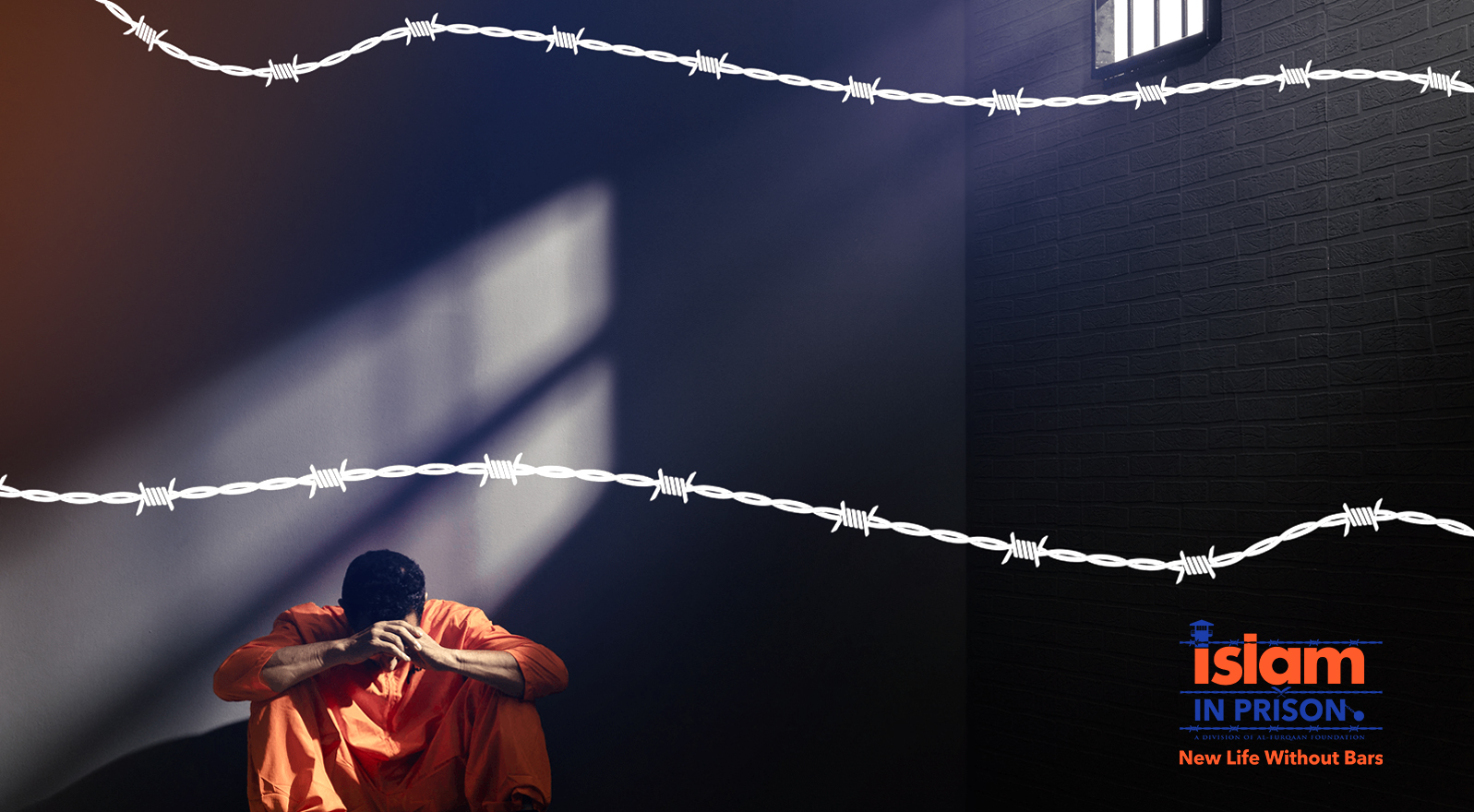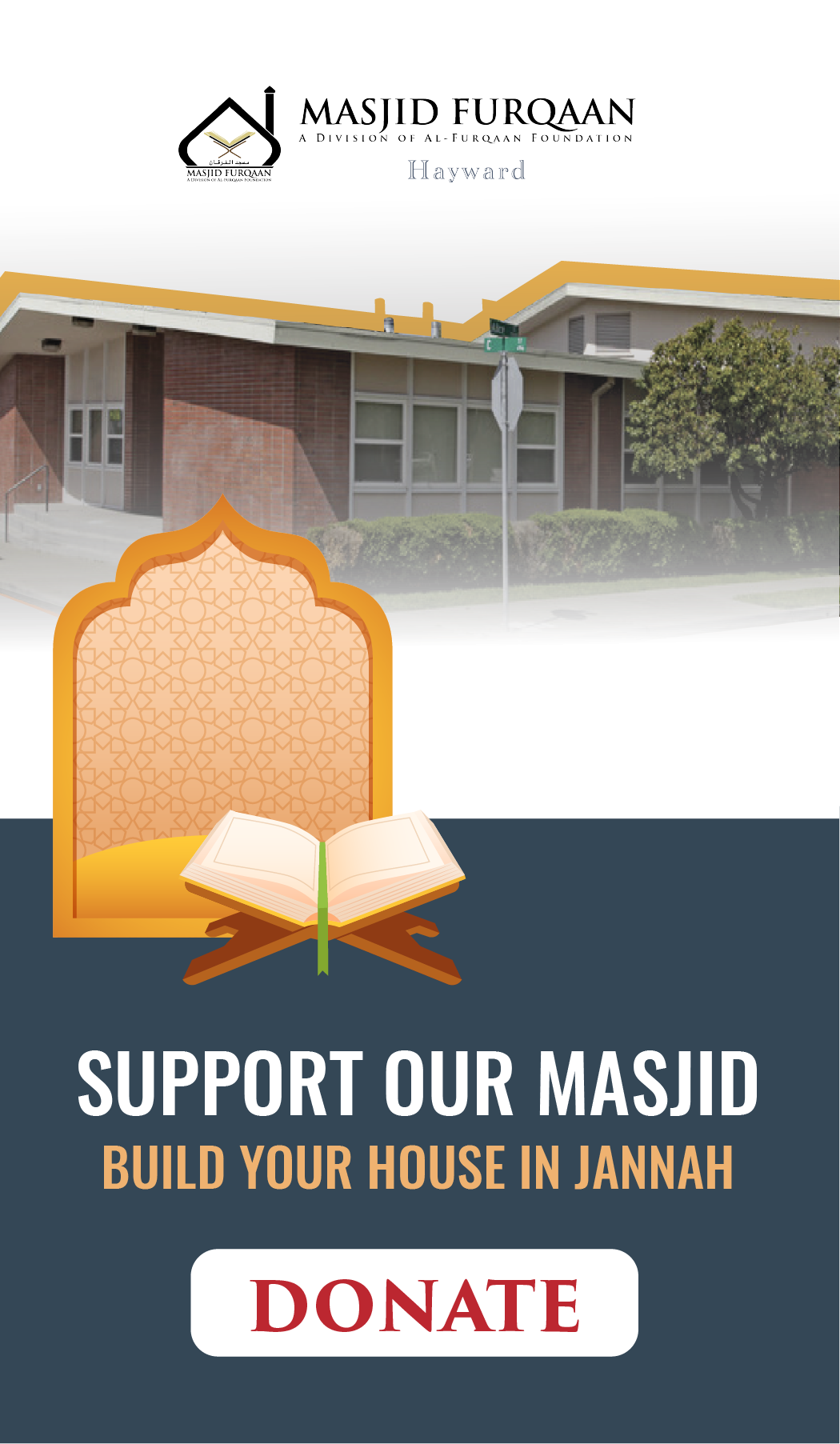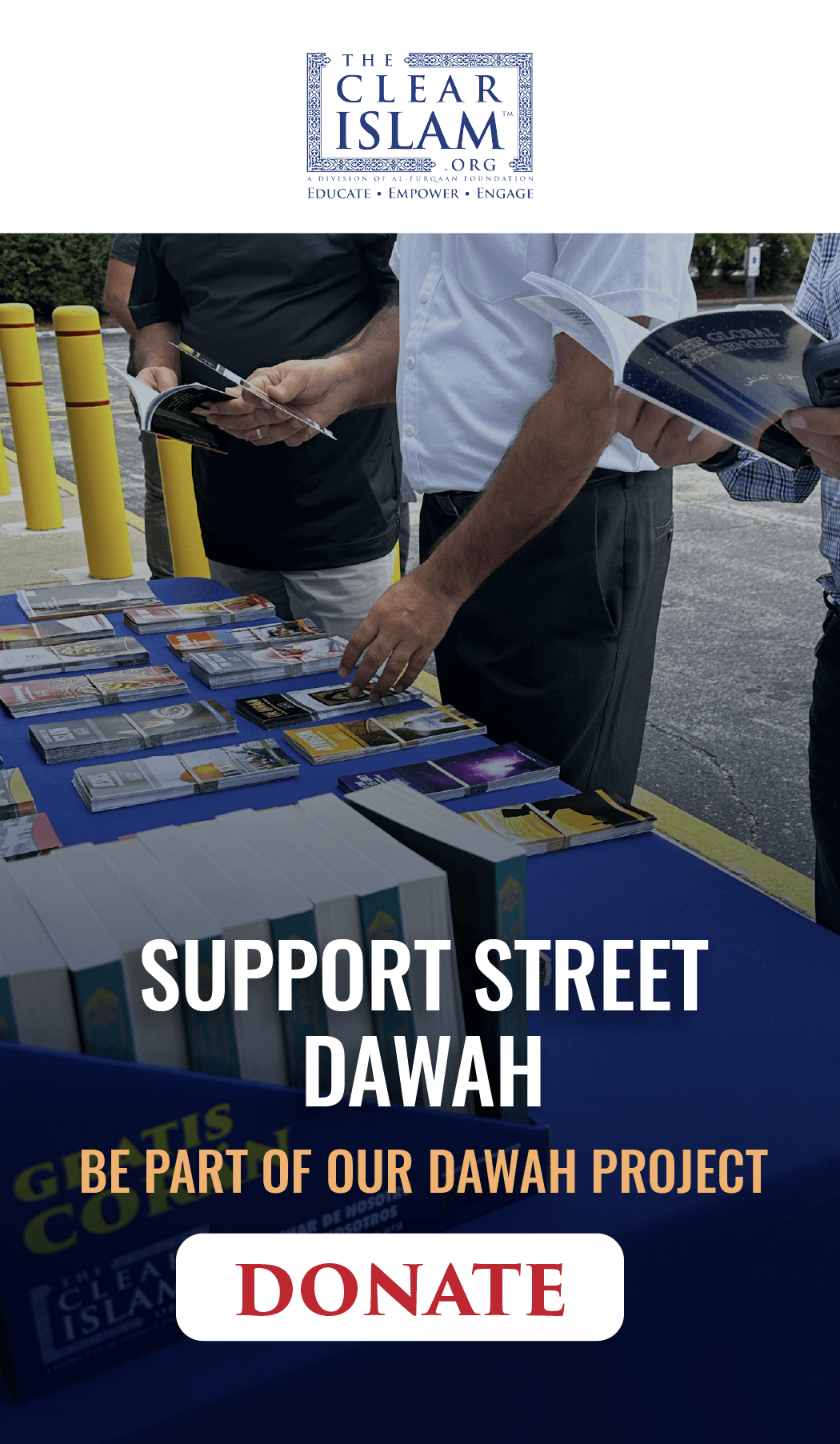“A New Dawn” – Islam Gains Footing in Prisons With Islam in Prison, A New Division of Al-Furqaan Foundation

We are thrilled to announce that the religious nonprofit Al-Furqaan Foundation has expanded by welcoming Islam in Prison (IIP) as a new division. IIP is dedicated to serving a largely overlooked and underserved community — incarcerated Muslims across the United States.
Incarceration presents immense challenges for all individuals, but practicing Islam within the U.S. Prison System poses unique difficulties. Islam is one of the fastest-growing religions globally, and this trend is evident even within U.S. prisons. According to a 2019 report from Muslim Advocates, Fulfilling the Promise of Free Exercise for All: Muslim Prisoner Accommodation in State Prisons, Muslims currently make up approximately 1% of the U.S. population; however, in U.S. Prison Systems, Muslims make up 9% of the prison population. Majority of the prison population is made up of Christians at 67%, according to the Federal Bureau of Prisons. This disparity underscores the critical need for organizations like Islam in Prison.
In a letter that was sent to Al-Furqaan Foundation by an inmate in a New Mexico prison, Vernon Clark writes, “I’ve been converted to Islam for four months now. At first I wasn’t taking it seriously, then I started to thirst for Allah’s word, and [in] these last two months, I’ve been teaching everybody that Islam is the truth and [I have] helped to convert two people to Islam.” Clark further points out that many more inmates in the detention facility are interested and curious to learn more about Islam; however, there’s a critical issue: they do not have adequate materials to even begin practicing their religion.
Muslim Advocates. (2019). Fulfilling the promise of free exercise for all: Muslim prisoner accommodation in state prisons. Muslim Advocates.
Kaufmann, S. (2017, March 27). How to produce fewer terrorists in prison. Bloomberg.
He explains that he washes himself five times a day before prayers, and that he prays to the East, but Clark doesn’t even know if the direction he prays in is the right direction in his cell, and he uses his blanket as a prayer rug. Further, he requests for any visual aids that can be delivered so new Muslims learn how to properly pray, perform ablution, and read, write, and speak the Arabic language so they can better understand the Quran.
Another prisoner from a correctional facility in Illinois stated her worry at not knowing the precise month of Ramadhan (in the Gregorian calendar) or the proper way and time to pray. “I want to be with the happy people, not burn in Hell,” says Laconda Kunta McDonald. McDonald says she doesn’t have an instructor or resources in her institution despite her many questions about Islam.
Denial of access to resources or the ability to practice religion is something that many prisoners in the United States suffer. From the Quran being hidden every time a guard goes by to copies of the Quran costing three times as much as Bibles, this should not be the environment for inmates who reserve the right to practice religious freedom. In June 1964, the Supreme Court made a landmark decision in Cooper v. Pate where the inmate, Thomas Cooper, brought an action under the Civil Rights Act of 1871, which allows for individuals to sue in federal court for civil rights violations. Cooper claimed that he was denied the ability to purchase religious publications and was denied other privileges solely because of his religious beliefs He argued that this treatment violated his constitutional rights.
The District Court dismissed Cooper’s lawsuit, stating that his complaint did not present a valid claim for relief. The Court of Appeals for the Seventh Circuit upheld the dismissal, agreeing with the District Court that Cooper’s allegations were insufficient to proceed. The Supreme Court, however, agreed to review the case. The Court then reversed the lower courts’ rulings.
The decision marked one of the first times the Supreme Court allowed inmates to bring lawsuits against prison officials for violating their constitutional rights, particularly under the First Amendment’s guarantee of religious freedom. It essentially opened the door for prisoners to use federal courts to address grievances about their treatment and conditions, thus significantly impacting how prisoners’ civil rights are understood and enforced.
Supporting religious freedom in prisons is not only a matter of upholding constitutional rights but also plays a crucial role in the rehabilitation and reintegration of inmates. Numerous studies show that inmates who are able to practice their faith during incarceration are more likely to experience personal transformation, which can reduce recidivism rates. By fostering a sense of purpose, community, and moral guidance, religious practices provide inmates with the tools they need to navigate the challenges of prison life and prepare for life after release.
Since its founding in 2020, Islam in Prison (IIP) has emerged as a vital support system for incarcerated Muslims in America. The organization’s efforts have extended beyond merely
U.S. Reports: Cooper v. Pate, Warden, 378 U.S. 546 (1964) (Library of Congress 1963)
providing dawah materials; it has played a significant role in spiritual development by distributing Islamic literature, prayer rugs, and kufis/hijabs. More recently, IIP has established comprehensive Islamic libraries in prison facilities nationwide. IIP has also made religious observances easier. For example, it has organized Halal dinners for Eid and distributed dates for Ramadan, allowing Muslim prisoners to break their fast. These initiatives have allowed the community to celebrate the two main Eid holidays together.
The impact of IIP’s work has been profound, leading to numerous individuals embracing Islam and enabling many incarcerated Muslims to rediscover and deepen their faith. These spiritual transformations can have lasting, positive effects on their lives.
However, the organization’s mission extends beyond incarceration. IIP is dedicated to promoting re-entry and post-release activities. IIP has successfully aided former inmates in reintegrating into society and reconnecting with local Muslim communities. This comprehensive approach ensures that the spiritual guidance provided during incarceration continues to benefit individuals long after their sentences have been served.
IIP’s work is a powerful demonstration of the important role of providing assistance to vulnerable groups, especially those incarcerated. The group invites the larger community to support its work by giving donations, volunteering, or spreading awareness as it broadens its reach.
Imagine being in a place where your freedom is already stripped away, and on top of that, you’re unable to fully connect with your faith—your primary source of hope and resilience. This is the reality for many incarcerated Muslims across the U.S. who struggle with limited access to religious resources, guidance, and community.
The ability to practice one’s faith should not be a privilege but a basic right, even behind bars. When we deny this right, we not only infringe upon personal liberties but also undermine the potential for genuine rehabilitation. Supporting organizations like IIP isn’t just about providing prayer rugs or Qurans; it’s about restoring dignity and offering a path to spiritual and personal transformation. How can we, as a society, turn a blind eye to the spiritual deprivation of those who need it the most? The question isn’t just about what these inmates are denied—it’s about what we, as a community, fail to uphold when we don’t take action.
IIP also attended the 61st Annual ISNA Convention alongside the Foundation’s other core divisions, Furqaan Project and Furqaan Bookstore








